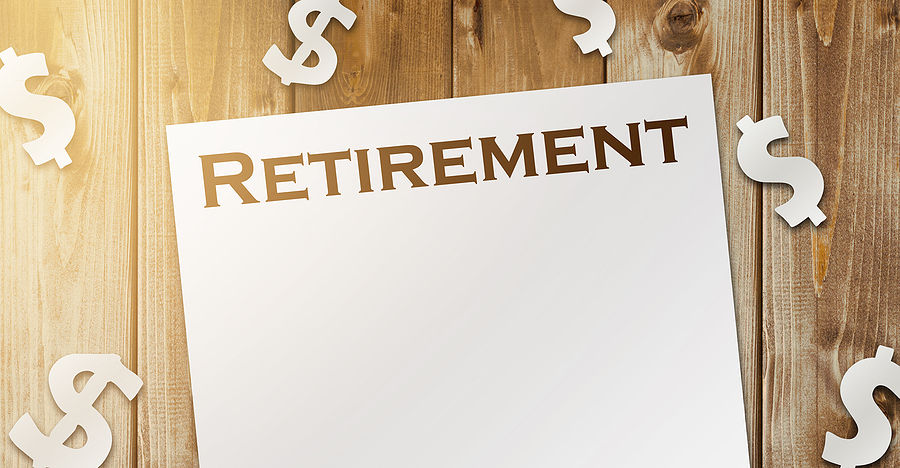A recently enacted piece of legislations allows employers to “match” any payments their employees make towards their student loan debt, with tax-advantaged contributions to their retirement accounts. This includes retirement savings plans like 401(k), 403(b), IRA, and Roth accounts.
SECURE 2.0 Act has brought about substantial changes to the retirement account rules in the United States. Its primary objective is to encourage more workers to save for retirement.
Student loan debt remains a burden for many people in America. The nation’s collective student loan debt is roughly $1.73 trillion, according to the Federal Reserve. Borrowers pay between $200 and $299 monthly toward student loans, on average.
A recent survey found that more than nine in ten young adults who continued with education after high school faced stress over money and finances that affected their physical and mental wellness. Of that group, 86% said student loans were a contributor to that stress. Nearly half said this debt impacted the amount of money they were able to contribute to retirement.
Putting off saving for retirement can have long-term consequences. Just $10,000 contributed at age 25 grows into more than $100,000 by age 65, assuming a 6% annual return. Waiting until age 35 to set aside that money drives the total return at age 65 to just $57,000.
Click here to learn more.
For borrowers who are struggling with student loan debt, relief options are available. Many student loan borrowers are unaware that they have rights and repayment options available to them, such as postponement of loan payments, reduction of payments or even a complete discharge of the debt. There are ways to file for bankruptcy with student loan debt. It is important you contact an experienced Miami bankruptcy attorney who can advise you of all your options. As an experienced CPA as well as a proven bankruptcy lawyer, Timothy Kingcade knows how to help clients take full advantage of the bankruptcy laws to protect their assets and get successful results. Since 1996 Kingcade Garcia McMaken has been helping people from all walks of life build a better tomorrow. Our attorneys help thousands of people every year take advantage of their rights under bankruptcy protection to restart, rebuild and recover. The day you hire our firm, we will contact your creditors to stop the harassment. You can also find useful consumer information on the Kingcade Garcia McMaken website at www.miamibankruptcy.com.


